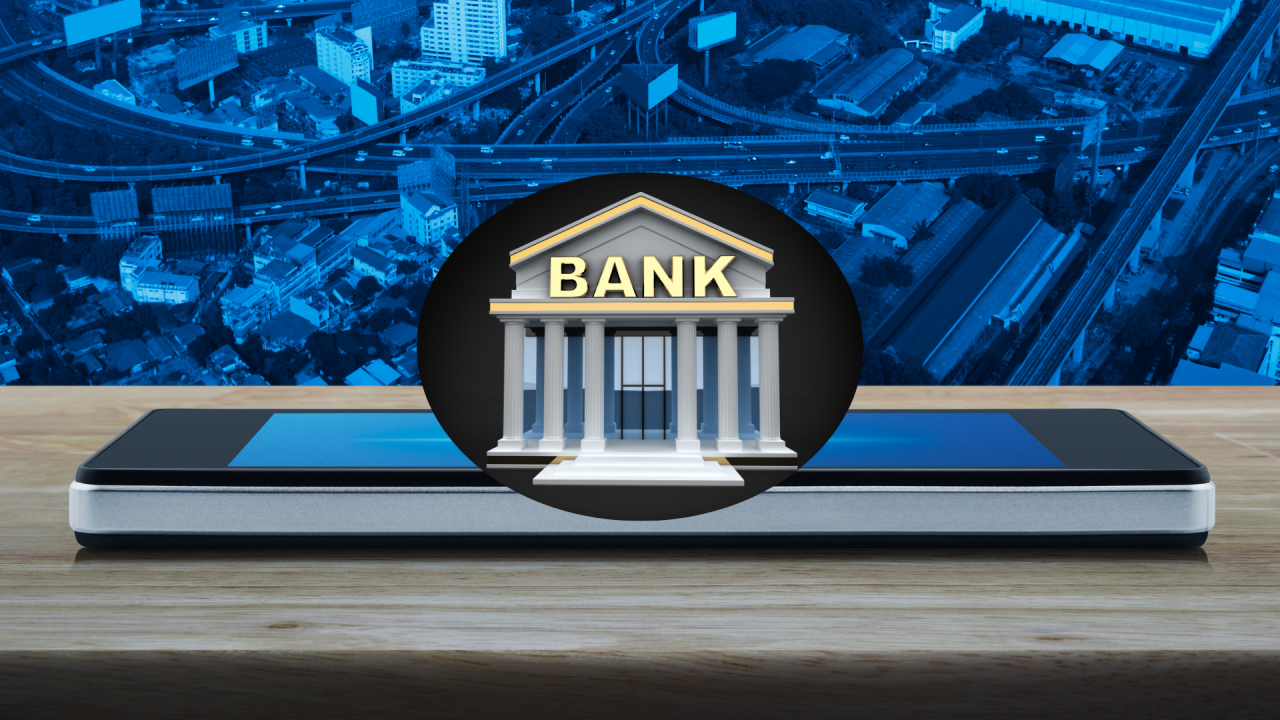Choosing the right bank is a big decision that can have a lasting impact on your financial health. With so many options out there, from big national banks to small local credit unions, it can feel overwhelming. But don’t worry—with a bit of guidance, you can find the perfect match for your financial needs. Here’s how to choose the right bank while keeping your goals and lifestyle in mind.
Determine Your Banking Needs
The first step in choosing the right bank is understanding what you need from a bank. Are you looking for basic checking and savings accounts, or do you need more specialized services like investment accounts, loans, or business banking? Maybe you prioritize convenience, such as access to a vast network of ATMs or a user-friendly mobile app.
Start by making a list of your must-haves. For example:
- Daily Banking: Do you need easy access to ATMs and branches, or are you comfortable with online-only banking?
- Savings Goals: Are you looking for a high-interest savings account or a certificate of deposit (CD) to grow your money?
- Loans and Credit: Do you need a bank that offers competitive rates on mortgages, personal loans, or credit cards?
- Business Banking: If you’re a small business owner, consider whether the bank offers business accounts, merchant services, or small business loans.
- Customer Service: Is 24/7 customer support important to you, or do you prefer in-person assistance at a branch?
Understanding your priorities will help you narrow down your choices and focus on banks that align with your financial goals.
Compare Account Types and Fees
Not all bank accounts are created equal, and fees can quickly add up if you’re not careful. When comparing banks, pay close attention to the types of accounts they offer and the associated fees. Common fees to watch out for include:
- Monthly Maintenance Fees: Some banks charge a fee just to keep your account open, but many will waive this fee if you meet certain criteria, such as maintaining a minimum balance or setting up direct deposit.
- ATM Fees: If you frequently use ATMs, look for a bank with a large network of fee-free ATMs or one that reimburses out-of-network ATM fees.
- Overdraft Fees: Overdraft fees can be costly. Check if the bank offers overdraft protection or alerts to help you avoid these charges.
- Account Minimums: Some accounts require a minimum balance to avoid fees. Make sure you can meet these requirements consistently.
Comparing these factors will help you find a bank that won’t chip away at your savings with unnecessary fees, allowing you to keep more of your money working for you.
Evaluate Interest Rates and Rewards
Interest rates on savings accounts, CDs, and other deposit accounts vary widely between banks. While the difference might seem small, higher interest rates can significantly impact your savings over time. Online banks often offer higher rates than traditional brick-and-mortar banks because they have lower overhead costs.
If you’re looking for a checking account, consider whether the bank offers any rewards, such as cash back on debit card purchases or interest on checking balances. These perks can add extra value to your banking experience and make your money work harder for you.
Additionally, if you’re in the market for a loan or mortgage, compare the interest rates and terms offered by different banks. A lower interest rate could save you thousands of dollars over the life of a loan.
Consider Convenience and Accessibility
Convenience is a major factor when choosing a bank. Think about how and where you prefer to do your banking. Do you want the ability to visit a local branch, or are you comfortable handling all your transactions online? If you travel frequently, access to a nationwide network of ATMs and branches might be important to you.
For those who value digital banking, check out the bank’s mobile app and online banking platform. Look for features like mobile check deposit, bill pay, account alerts, and money transfer services. A user-friendly app can make managing your finances on the go much easier.
Also, consider the bank’s customer service options. Can you reach someone 24/7 if you have an issue, or are you limited to business hours? The ability to get help when you need it can make a big difference in your overall satisfaction with your bank.
Look Into the Bank’s Reputation and Security
Your bank should be a trusted partner in your financial journey, so it’s important to consider its reputation and security measures. Research the bank’s history, customer reviews, and any recent news about its practices. Are customers generally satisfied, or are there common complaints about hidden fees, poor customer service, or technical issues?
Security is another crucial factor. Ensure the bank is FDIC-insured, which means your deposits are protected up to $250,000 per depositor, per bank, in the event of a bank failure. Also, look for banks that offer robust security features, such as two-factor authentication, encryption, and fraud monitoring, to protect your accounts from unauthorized access.
Consider Credit Unions and Online Banks
Don’t limit your search to traditional banks—credit unions and online banks offer competitive alternatives that might better suit your needs.
Credit Unions: Credit unions are member-owned, not-for-profit institutions that often offer lower fees, better interest rates, and more personalized customer service compared to traditional banks. However, they may have fewer branches and ATMs, so consider how important in-person access is to you.
Online Banks: Online banks typically offer higher interest rates on savings accounts and lower fees because they don’t have the overhead costs of maintaining physical branches. They’re a great option if you’re comfortable with digital banking and want to maximize your savings.
Both options can provide excellent service and value, so weigh the pros and cons based on your priorities.
Final Thoughts
Choosing the right bank is a personal decision that depends on your unique financial needs and lifestyle. By understanding your priorities, comparing account types and fees, evaluating interest rates, and considering convenience, you can find a bank that helps you achieve your financial goals with ease.
Remember, your bank should work for you—not the other way around. Take the time to research your options, read customer reviews, and don’t be afraid to switch if your current bank isn’t meeting your needs. With the right bank by your side, you’ll be well-equipped to manage your finances confidently and efficiently.





 GOOGL
GOOGL  META
META
Leave a Comment